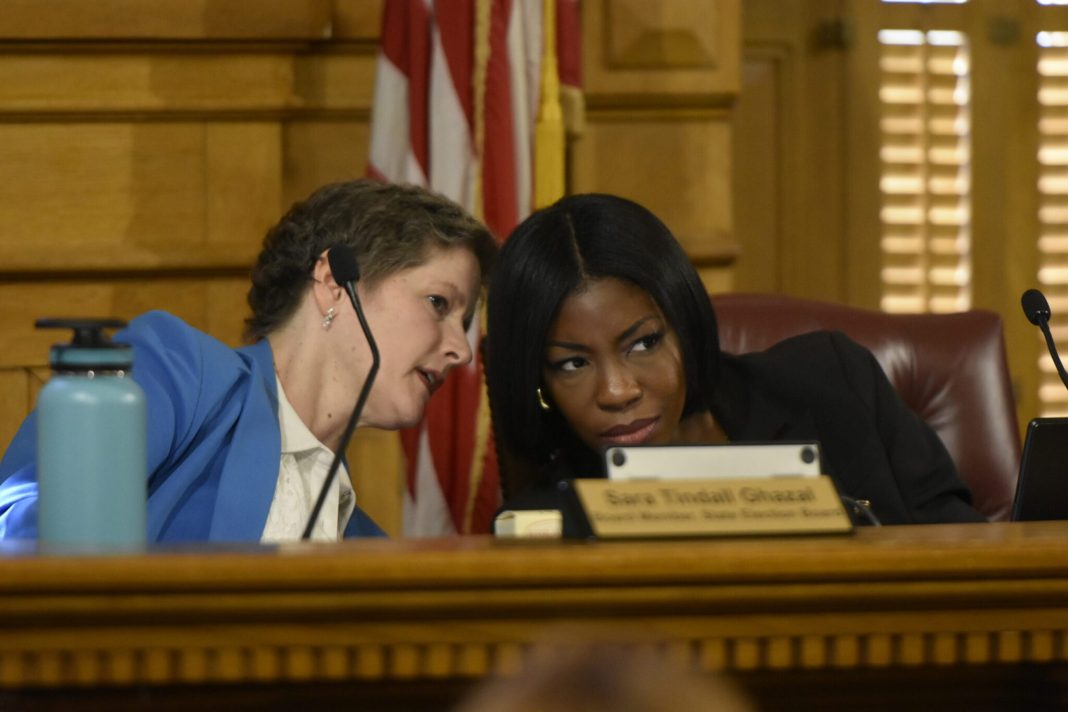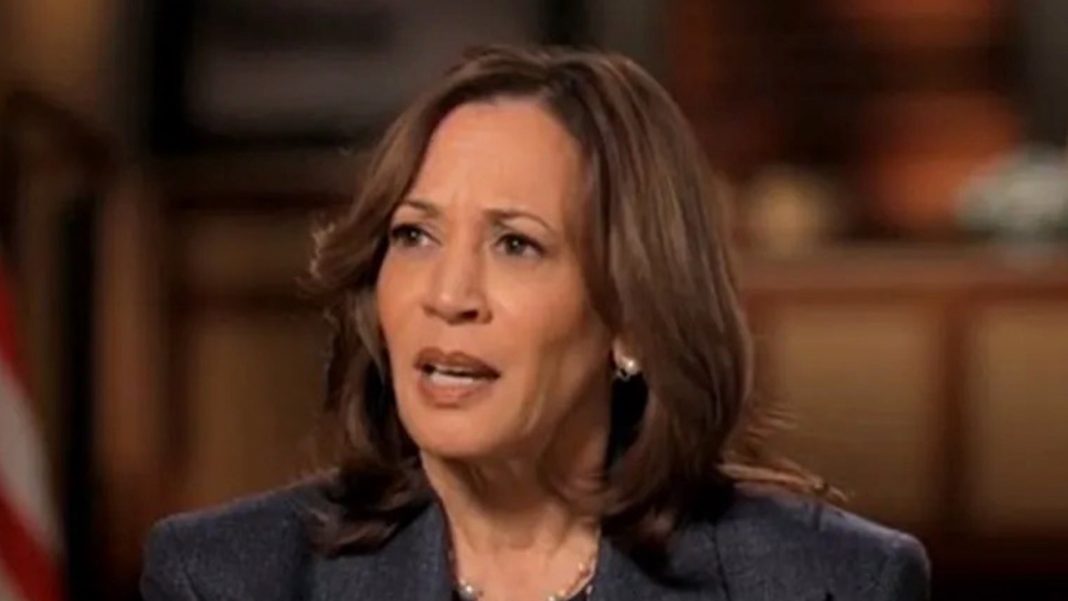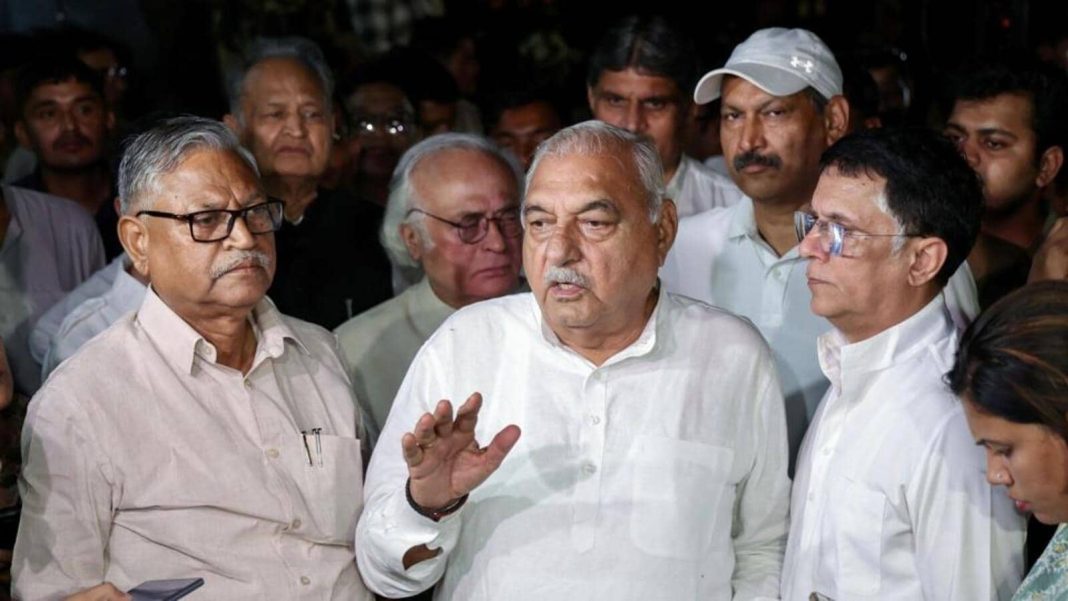Georgia Supreme Court to Weigh In on Controversial Election Board Rules Ahead of Presidential Election
As Georgia gears up for the pivotal November 5 presidential election, a heated legal battle is unfolding over the authority of the Georgia State Election Board and its recent attempts to overhaul election procedures. With just over two weeks until voters head to the polls, the Georgia Republican Party and the National Republican Committee are urging the state’s highest court to intervene and decide whether the board has overstepped its constitutional boundaries.
The controversy erupted after a Fulton County judge ruled on Wednesday that the State Election Board could not implement a series of new rules for the upcoming election unless the Georgia Supreme Court gives the green light. This ruling has sparked a flurry of activity, with Republican groups filing an appeal directly to the Supreme Court, bypassing the state Court of Appeals in hopes of a swift resolution.
The stakes are high, as Georgia is considered one of seven crucial swing states that could determine the outcome of the election between Democratic Vice President Kamala Harris and Republican Donald Trump. The once-obscure State Election Board has suddenly found itself in the national spotlight, with its decisions potentially influencing the presidential race.
The Supreme Court is expected to make a decision soon on whether to take up the case, which revolves around the board’s authority to enact new election rules. The board’s recent actions have drawn scrutiny from various quarters, including public officials, election rights advocates, and both Democratic and Republican party members, all of whom are closely monitoring the situation.
At the heart of the dispute is a ruling by Superior Court Judge Thomas A. Cox Jr., who determined that three right-wing members of the State Election Board had exceeded their legal authority by enacting rules that should be the purview of the Georgia General Assembly. Cox emphasized that the state constitution grants the legislature exclusive rights to legislate on election matters, a point that has drawn sharp criticism from GOP leaders.
Republican National Committee Chairman Michael Whatley condemned Cox’s ruling as "the worst of judicial activism," claiming it undermines the integrity of Georgia’s elections. He argued that the judge’s decision favored Democrats and jeopardized transparency and accountability in the electoral process.
The legal battle has been fueled by a series of contentious rules proposed by the State Election Board, including a controversial requirement for hand counting ballots on Election Day and expanded access for poll watchers. Critics, including civil rights organizations, argue that these changes could lead to chaos at polling places and among election workers.
Former Republican state representative Scot Turner, who is among the plaintiffs in the lawsuit against the board, expressed his concerns about the separation of powers. He believes the board has overstepped its bounds and is taking on legislative responsibilities that should belong to elected officials.
As the legal wrangling continues, early voting has already begun in Georgia, with over one million ballots cast. The urgency of the situation is palpable, as election officials and advocacy groups await the Supreme Court’s decision, which could have far-reaching implications for the upcoming election.
With tensions running high and the clock ticking down to Election Day, all eyes are on the Georgia Supreme Court as it prepares to weigh in on this critical issue. Whether the court will uphold the lower court’s ruling or side with the State Election Board remains to be seen, but one thing is clear: the outcome will shape the future of elections in Georgia for years to come.



